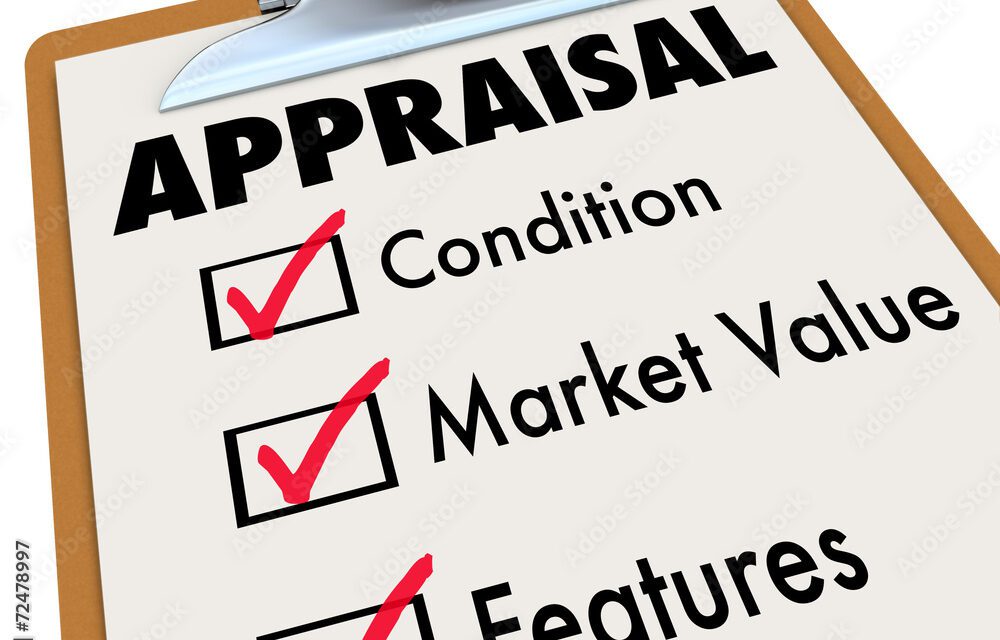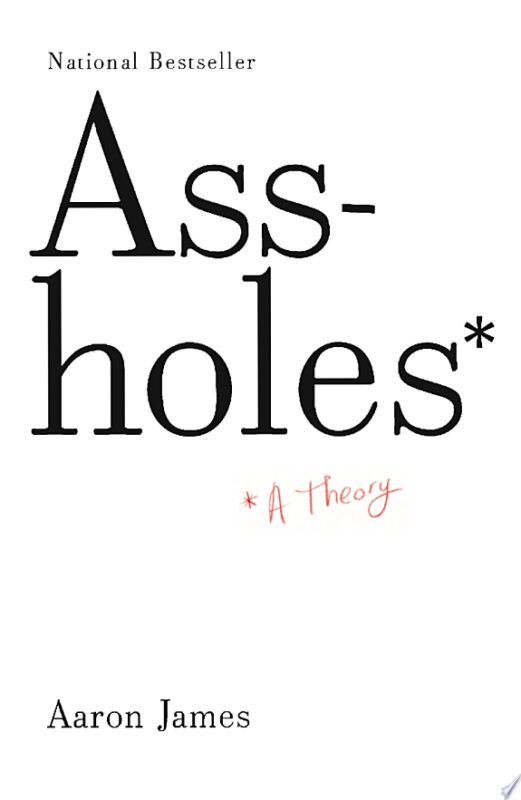Insurance Adjustment and Appraisal
Part III
The question now becomes: How do Umps figure into all this?
What an ump should be like is the same as that of the appraisers, but it also involves additional dimensions. Some of these are not obvious from the Appraisal Clause. Some think that if an ump can more-or-less think through the work of the opposing appraisers, they are qualified to resolve the issues. Under many–and probably most–situations, this view is false.This can be determined, in my opinion, simply by considering what the roof problem would look like if the ump was not knowledgeable about roofs.
Surely, umps must have at least the same competence that the two appraisers do. Imagine an Ump who could not evaluate the work of the other members of the panel. You might as well have an Ump who reads and speaks and understands only French and does not speak or understand English at all. In addition, there will be a discussion presently of this Ump’s explicitly stated obligations to which he agreed and how they were not met in this case. Given the requirements for panel members internal to the appraisal, it is obvious that all members of the panel must have been honest and accurate in presenting themselves as potential members of the panel, e.g., in a nomination-selection process. Unquestionably, the same would apply even more stringently to a potential Ump.
Here are some simple and obvious requirements. It is impossible for an Ump to be part of an appraisal panel if he does not know how to appraise. He cannot make sound decisions by himself, rising above a deadlocked panel. He cannot use best judgment and cannot genuinely pursue a just result, if he does not know the process involved. He is not deciding which side is making the better case, although he may look at those issues. He is deciding the appraisal himself. Imagine Cinderella deciding the cash value of the palace of the Wicked Queen, when the architect and the general contractor of the realm cannot agree.
Here are some “extra” requirements to be placed on Umps:
- Extensive knowledge as to how the physical factors that are the focus of the adjustment fit together, whether and how the damaged objects can be repaired replaced, and the costs involved.
- the proper computation of losses under the relevant insurance policy, e.g., the difference between repair, restoration, and replacement, plus what types of monetary amounts should be employed, e.g., local sums, national sums, amounts used from higher priced regions, amounts used from lower priced regions
- grasping and using sound techniques of examining the work of the appraisers
- the ability and willingness to defend his computation
- proper methods of calculation
- the willingness to resist simple but generally invalid methods of calculation, such as averaging the two different numbers the appraisers suggest.
See Karl A. Schulz, “Accurate Outcomes in APPRAISAL: The Importance of the Ump’s Subject Matter Expertise,” Journal of Consumer Law (2012)






Recent Comments